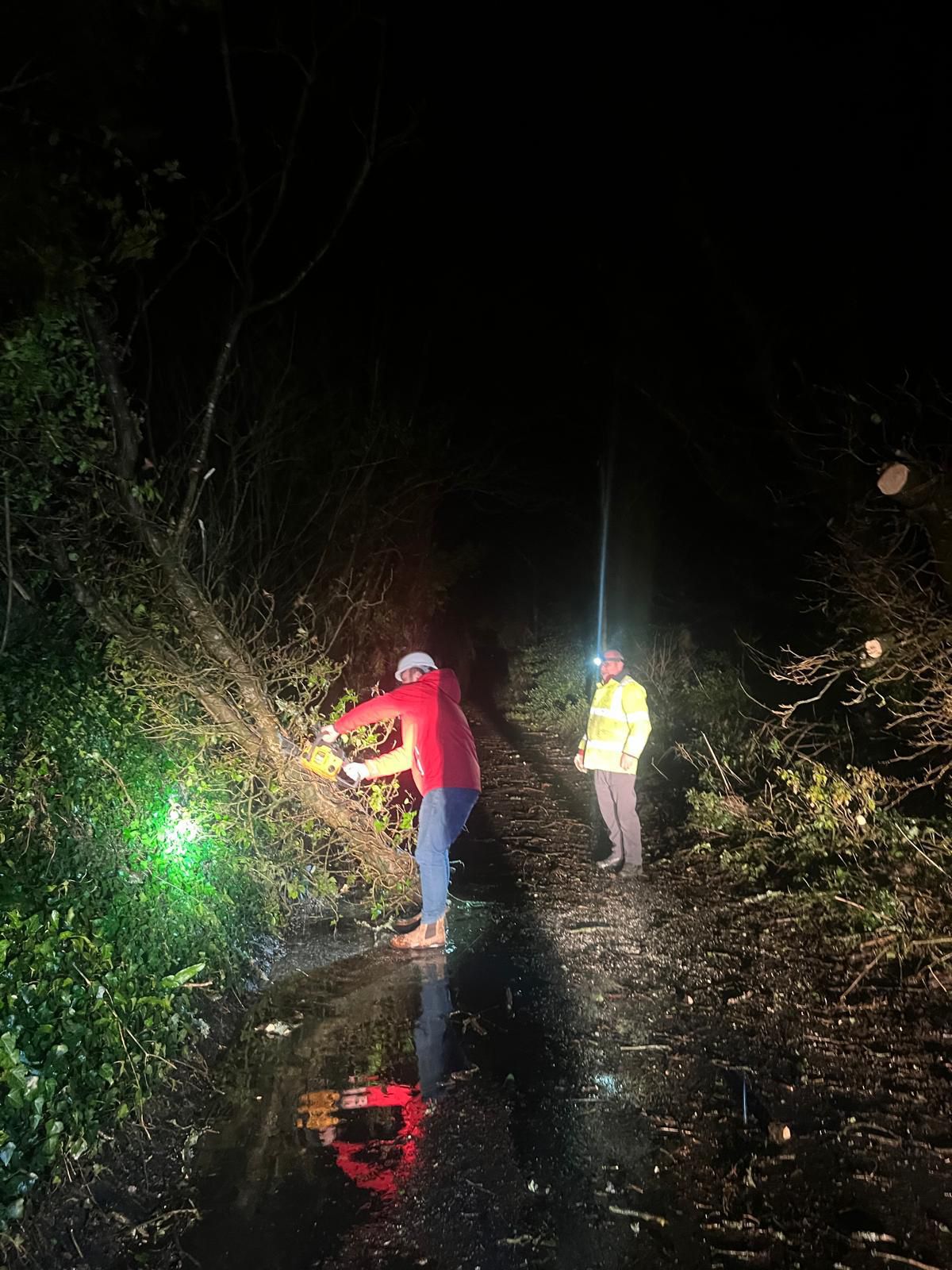Cornwall Community Foundation reveals stark reality of life in Cornwall through 2025 Vital Signs Report

New research, in partnership with University of Exeter, shows deepening inequality and housing crisis, but highlights remarkable community resilience.
September 2025, Cornwall – Cornwall Community Foundation (CCF) has published its comprehensive Vital Signs 2025 report, revealing the harsh realities facing residents across Cornwall and the Isles of Scilly, whilst also celebrating the extraordinary strength and solidarity of local communities.
The report presents a county marked by deep contrasts – from strong community cohesion and rich cultural heritage to entrenched socio-economic challenges that have worsened since the pandemic and cost-of-living crisis.
Key findings:
Housing crisis reaches new high Over 21,000 households are now on the social housing register – a 131% increase over five years There has been a 224% increase in households in temporary accommodation since 2019
Employment and living standards under pressure One in five employees earn below the real living wage, rising to one in three in South East Cornwall Universal Credit claimants have increased by 35% between 2022-2024
Child poverty at alarming levels One in three children in Cornwall live in poverty after housing costs Food banks distributed over 35,500 emergency food parcels, with more than 12,500 going to children under 16
Healthcare access deteriorating Mental health waiting lists stretch to three years for children and 11 years for adults Cornwall’s suicide rate (15.6 per 100,000) is significantly higher than England and Wales (10.7)
Despite these challenges, the report highlights Cornwall’s remarkable community spirit, with 140,000 volunteers contributing an estimated £490 million to the local economy.
Tamas Haydu, CEO of CCF, said: “This report is not just a mirror of the present – it is a call to action. Whilst we face unprecedented challenges around housing, employment and access to services, we also see extraordinary examples of communities coming together to support one another. The strength of our voluntary sector and the deep connection people have to place and one another are powerful forces for change.”
Kim Conchie DL FRSA, Chair of CCF added: “The statistics in this report are sobering, but they tell only part of the story. Behind every number is a person, a family, a community working hard to overcome adversity. Our role at CCF is to support grassroots endeavours and help build a future that is fairer, healthier and more sustainable for all who call Cornwall home.”
Community innovation provides hope
The report showcases inspiring examples of local organisations making a real difference. Falmouth Food Co-op CIC has created a sustainable model supporting local producers whilst remaining accessible during the cost-of-living crisis. “Shopping with FFC has made it easy for me to access a range of local suppliers and good quality, organic and agroecological food. I believe it is also saving me money as I now rarely, if ever, go to a supermarket,” said Amber, a regular customer.
Meanwhile, St Petrocs helped 537 people move from homelessness in 2024, whilst their Winter Service supported 538 people – a 27% increase from the previous winter, demonstrating both the growing need and the vital work being done to address it.
Rural challenges intensify problems
The report emphasises how Cornwall’s rural geography amplifies many challenges, with 71% of survey respondents saying there is insufficient public transport for commuting and accessing services. This particularly affects access to healthcare, with 44% reporting difficulty arranging transport for medical appointments – more than double the 19% recorded in 2022.
Digital connectivity also remains problematic, with Cornwall’s average internet speed (103 Mbps) being 42% lower than the UK average, limiting opportunities for remote work and access to online services.
Environmental pressures mount
While Cornwall generates 40% of its electricity from renewables and has over 408 electric vehicle charging points, environmental challenges are intensifying. The county has recorded more water pollution incidents than any other local authority area in England, and 85% of survey respondents believe Cornwall is affected by climate change.
Positive developments
The report also highlights significant achievements, including Cornwall becoming the first UK county to be recognised as a “Living Wage Place” by the Living Wage Foundation. The creative sector continues to grow, with 10,870 people employed in creative-related occupations, and the county’s rich cultural heritage remains a source of strength and identity.
Looking forward
The Vital Signs report, based on collaboration with the University of Exeter and surveys of 371 residents connected to CCF-supported organisations, provides a comprehensive evidence base for addressing Cornwall’s challenges.
“With shared purpose, bold leadership and community-driven solutions, Cornwall can turn adversity into opportunity,” concluded Tamas Haydu. “This report shows us where we need to focus our efforts, and more importantly, it shows us that we have the community strength to make real change happen.”
Read more about our findings here.



